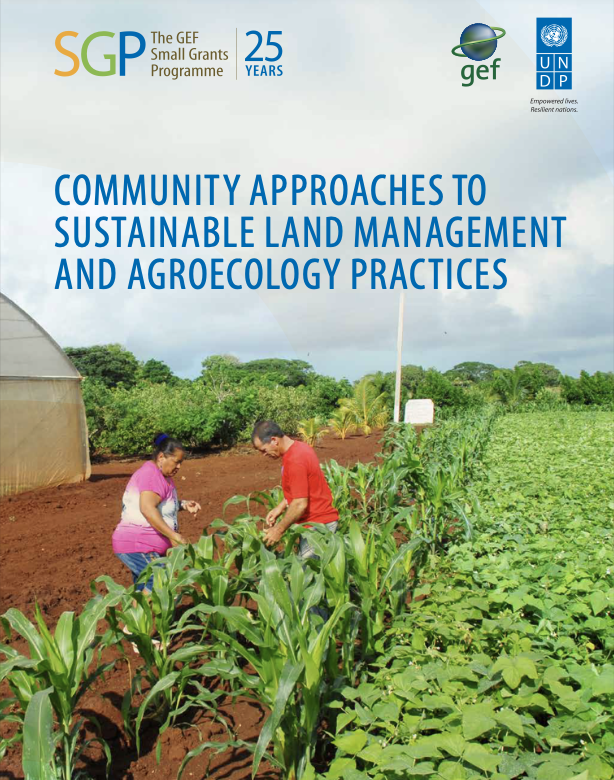IPBES Workshop on Biodiversity and Pandemics
Land use change is a major global driver of pandemic risk. Land usechange is a significant driver of the transmission and emergence of infectious diseases 40,177-179. Land use changeis cited as the cause of over 30% of emerging infectious diseases, and correlates significantly withthe emergence of novel zoonoses globally 13,180. However, the mechanisms by which diseases emergeare context-specific and scale-dependent.


